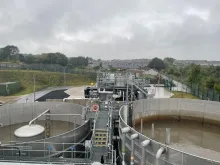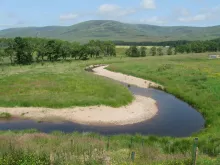Prioritising research and development gap opportunities for river woodlands
River woodlands (RW) play a crucial role in protecting river ecosystems, for example by reducing flooding, storing carbon, filtering pollution, and benefiting local communities. However, nearly 55% of surveyed riverbank in Scotland show poor RW health. This highlights a need for RW restoration. While RW initiatives like Riverwoods are gaining traction, scaling them up remains challenging. In 2022, Riverwoods conducted a review of existing research on RW benefits, identifying 60 key knowledge gaps.









